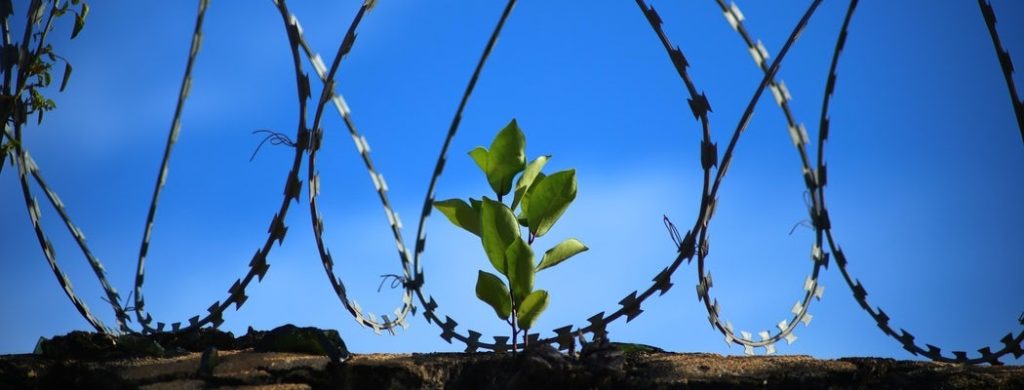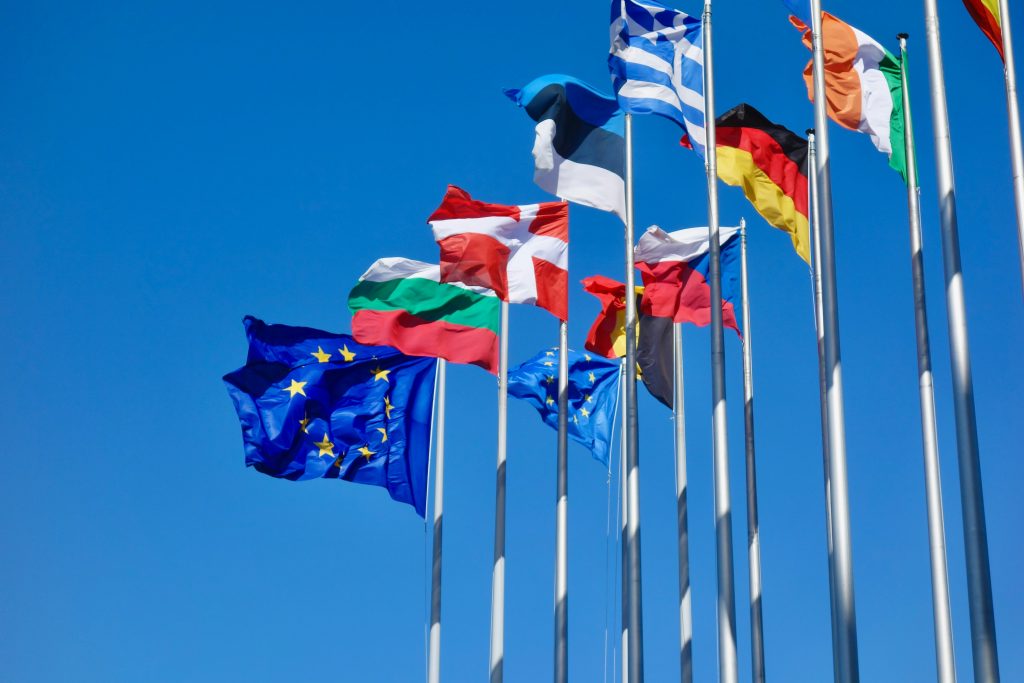In a new report to the UN Human Rights Council, professor Dainius Pūras argues that deprivation of liberty in the name of public health must stop.
Countries around the world must stop routinely locking up citizens because of stigma, prejudice or health conditions, says the UN Special Rapporteur on the right to health, Dainius Pūras.
“The use of confinement and deprivation of liberty has become the default tool of social control in the name of public safety, ‘morals’ and public health,” Mr. Pūras said during the presentation of a report to the UN Human Rights Council in Geneva.
“While certain instances of incarceration may always be justified, it is unacceptable that in the 21st century confinement continues to be the norm for minor or non-violent criminal offences and for addressing public health issues.
“National laws that criminalise people on the basis of stigma or prejudice must be removed from the statute books. People should not be imprisoned simply because of their sexual orientation, gender identity and expression, illicit drug use, HIV status or because they are living with disabilities. Neither should sex workers or those carrying infectious diseases,” Mr. Pūras stressed.
The Special Rapporteur also addressed the specific cases of children and women deprived of their liberty, as well as the issue of tuberculosis as a public health-based form of detention.
“The right to health is a powerful tool that can help us illuminate the injustice, indignity, and broken nature of our systems for confining people. It shows that the long arm of incarceration reaches far beyond locked cells and wards and into communities. It helps us challenge ourselves to think beyond a one size fits all approach to managing social, behavioural, and other public health challenges,” Mr. Pūras said.
Source: https://www.ohchr.org/EN/NewsEvents/Pages/DisplayNews.aspx?NewsID=23217&LangID=E








